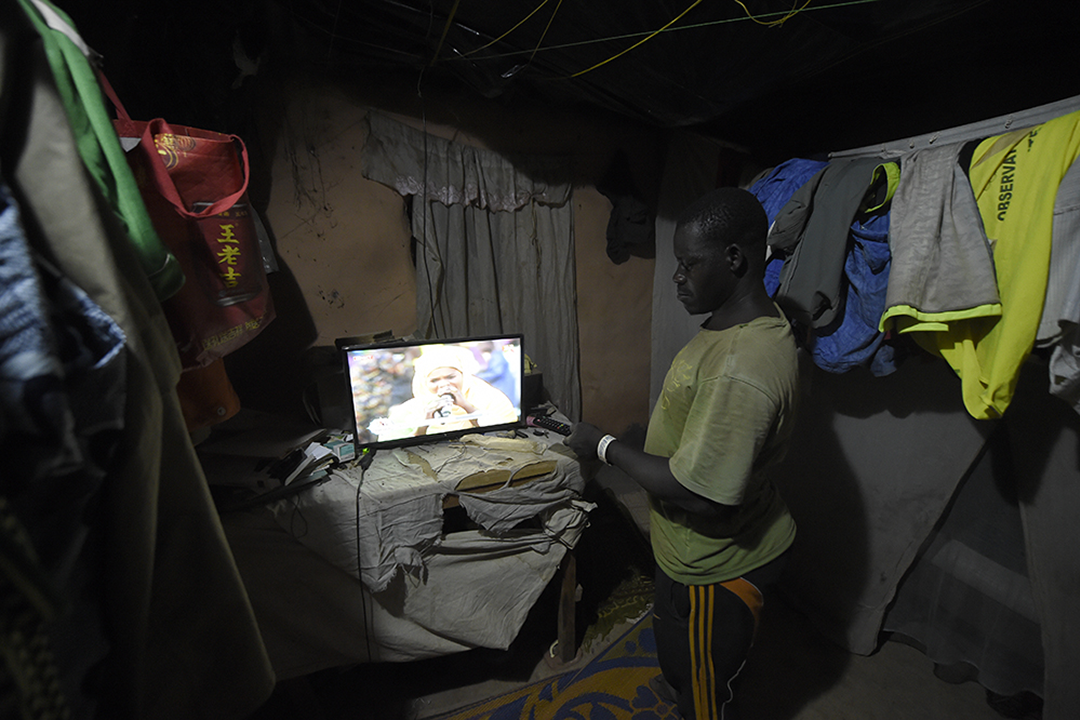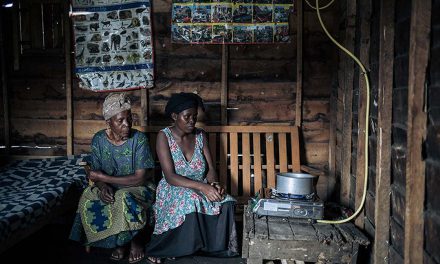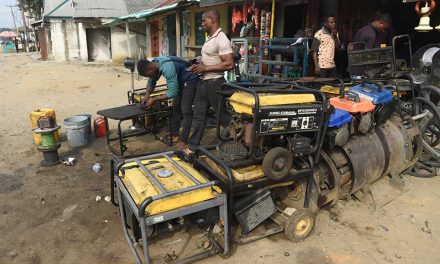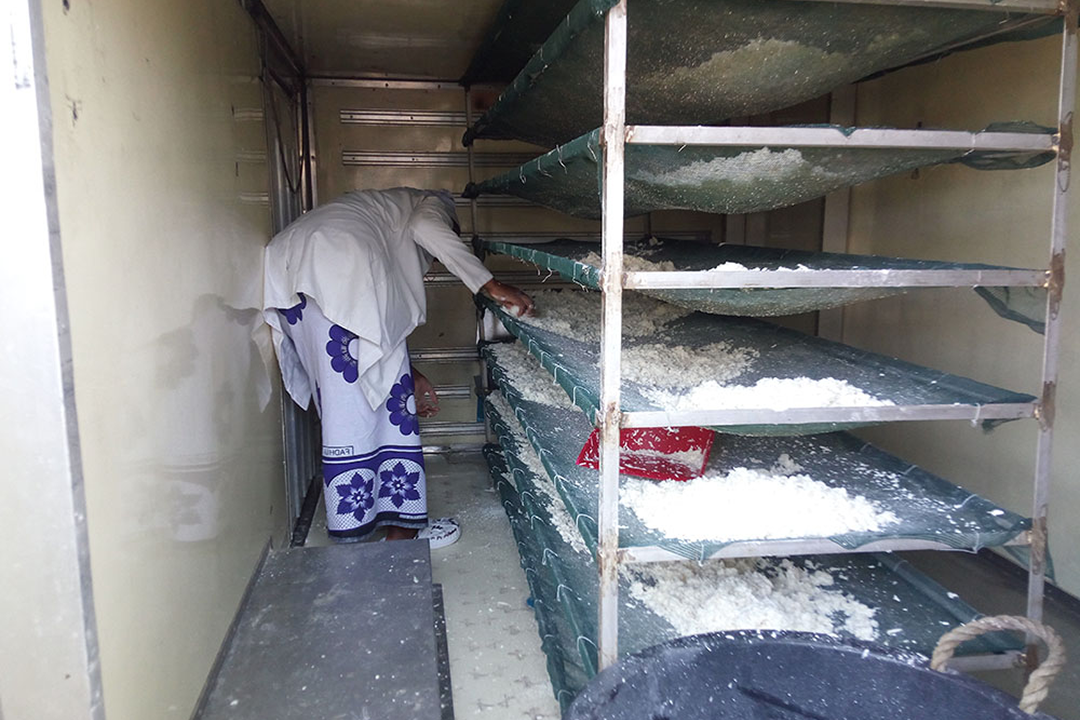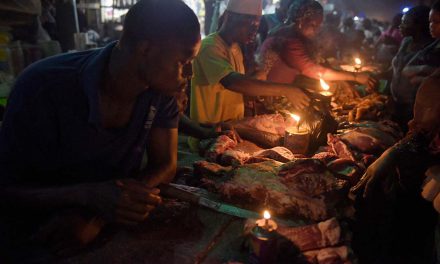Togo’s government wants rural communities to produce their own, affordable electricity
Africa is suffering from a major shortage of power despite having huge potential. According to the World Bank, the electricity access rate in West Africa in 2018 was 52%, with power cuts of up to 80 hours per month. The United Nations has reported that the Economic Community of West African States (ECOWAS), of which Togo is a member, has some of the lowest rates of electricity access in the world, with only about 42% of the total population, and 8% of rural residents having access to electricity.
This situation compels countries to come together with common trans-border projects to accelerate electricity access. However, these efforts are complicated by an individual country’s own demographic, social and economic circumstances, compounded by shared challenges such as high population growth and rapid urbanisation. Climate change and environmental degradation pose an additional challenge: like many other parts of Africa, a high reliance on biomass such as firewood and charcoal for cooking have contributed to environmental damage and have a particularly negative effect on women and children.
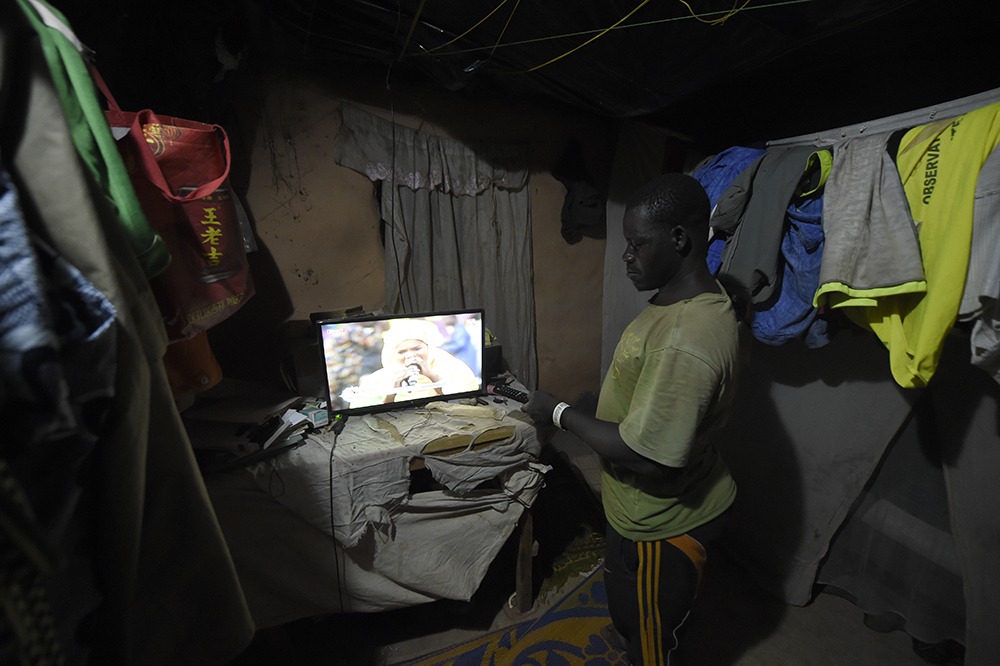
Atta Adam watches cable TV powered by solar energy in his house made of mud in the Tababou village, in the Savannah region in northern Togo, on February 15, 2020. Photo: Pius Utomi Ekpei / AFP
In Togo, the high growth rate has negatively impacted all projections in the energy sector, making it almost impossible for communities in semi-urban and rural areas to access power. According to Togo’s National Data and Economic and Eemographic Studies Institute (INSEED), the population will increase from 7.6 million in 2020 to 10 million in 2030, with an annual growth rate estimated at 2.3%. The latest survey shows that 55% of the population – mostly living in rural areas – had no access to electricity as of December 2018.
Faced with this situation, the authorities launched a $1.8 bn national plan in 2018 to provide universal access to electricity by 2030, aiming to make renewables 50% of the country’s energy mix. This will help to reach more than three million Togolese, most of whom live in rural areas, gain access to electricity through the use of off- and on–grid solutions.
In line with the plan, Togo adopted a law in 2019 to encourage the production and sale of electricity through public-private renewable energy partnerships. Through this new approach, community-based projects are already underway across the country, including CIZO, which means “to light” in the Mina southern dialect of Togo. This project aims to provide more than two million people living in rural areas with electricity via individual solar kits. The solar kits offer a viable alternative to adding these communities to Togo’s existing grid, which the country cannot afford to do.
It is within the framework of this initiative that Togolese authorities have signed a subsidy agreement with two solar companies, Soleva and Bboxx. “We have provided over 2,000 solar kits to households through this partnership. The main goal of the partnership is to reach households in rural areas with our range of solar kits. Today, many communities have electricity through this project. Our solar kits are subsidised,” Prince Monsekea, Chief Operation Officer at Soleva told Africa In Fact. In all, more than 555,000 solar kits are going to be made available to households in rural areas through this public-private partnership.
Venugné Jean, a rural development engineer, said communities had welcomed the advent of these public-private initiatives. “We are delighted with this vision of public and private partnership because it takes too much time to implement projects if it comes [from] the central government,” he said.
Togo’s authorities now want to democratise energy, so that low-income communities in rural areas can produce their own electricity at an affordable price.
To meet this new challenge Togo adopted a law in July 2020 to create interest in the renewable energy sub-sector, setting up a well-defined framework for producing clean, quality electricity at an affordable price through private initiatives at the grassroots level. For example, a new pay-as-you-go off-grid solar concept initiated by Bboxx and Soleva is bringing light to rural households for the first time. Through the scheme, villagers acquire subsidised individual solar kits on credit and pay them off via several monthly instalments.
“For instance, if they buy our solar kits with three lamps, the customer will pay about $90 instead of $210 because the solar kits are subsidised,” Monsekea explained. “We also have kits for five lamps and TV sets. The customers become the owners of the off-grid solar panels after they have paid and they can continue to produce their own electricity without being connected to the electrified-network.”
According to Togolese authorities, the scheme is helping to provide affordable energy access to off-grid communities in rural areas. “We want to reach an electricity access rate of 40% in rural areas by 2022. This new concept will help to easily reach all underserved people in rural areas,” said Tiem Francois Bodjila, the managing director of the national agency for rural electrification and renewable energies, who will also hold the portfolio of the ministry of water after a cabinet reshuffle in October 2020.
But communities in rural areas still struggling for electricity remain disappointed by unfulfilled central government promises, and see the current democratisation of electricity as an opportunity to take charge of their own destiny. To date, many villages have started their own community-based projects to produce electricity from renewable energy sources.
[embeddoc url=”https://digitalmallblobstorage.blob.core.windows.net/wp-content/2020/11/TOGO-AFDEV.pdf” download=”all”]
One example is Amandahome, a semi-urban suburb of the Togolese capital, Lomé, where youths have set up a small biogas plant, which generates electricity from waste. The community is responsible for the operation and maintenance of the power system, from generation to transmission and the collection of dues. A management committee was set up to control the use of the biogas plant.
“We have set up a management committee whose main mission is to look after the management of the biogas plan. It also supplies the technicians with domestic waste that members of our community collect from houses,” explained Marcel Aklesso, the community manager. The biogas plant generates electricity for tenants in the area.
In #Africa, 75% of children go to primary schools that lack #electricity. Access to such basic services should be universal. As we celebrate #WorldChildrensDay, let’s commit to bring power to all our children’s schools. #ForEveryChild pic.twitter.com/GdB9yoWdzm
— Makhtar Diop (@Diop_WB) November 14, 2020
Meanwhile, at Bombouaka, a remote northern village located some 600 km from Lomé, parents organised fundraising to acquire an off-grid solar kit for Yelink primary school. The electricity generated supplies the school’s administrative offices as well as the headmaster’s house. “We had a lot of problems because there was no light, headmaster Douti Ladekoi told Africa in Fact. “So, I asked the students’ parents to seek an alternative to generate electricity ourselves because we were never going to be connected to the national network. We held a fundraising to pay for the off-grid solar kits that light the whole school today.”
The emergence of private community electricity projects like these demonstrate that citizens living in rural areas want to play a key role in energy production. Large-scale off-grid production remains a challenge, however, including the human resources needed to manage and maintain bigger projects. “The authorities must take a critical look at community initiatives,” says electrical engineer Magloire Nadjombe. “They will play a pillar role in implementing the short, medium and long-term electrification strategy. But they face many challenges: they can easily produce small off-grid components for solar kits, but not large-scale production for whole villages.”
To meet this challenge, over 3,000 solar energy technicians were trained in 2020 to provide households with assistance throughout the country. And to instill a new momentum into the process of Togo’s rural electrification, a young and dynamic 29-year-old energy expert, Mawunyo Mila Ami Aziable, who has already proved herself working for multinationals including GRTgaz and INEO-GDF SUEZ in France, now holds the portfolio of ministry of mines and energy following the October cabinet reshuffle.
Blame Ekoué is the Togo correspondent for the BBC and for Paris-based media house, ANA. He has also reported for Associated Press and Radio France International. He holds a BA in Communications from the Leader Institute in Lomé. Formerly deputy editor of the West Africa Revue, he has been a contributor to the Lome-based Business and Finance magazine since 2015.

